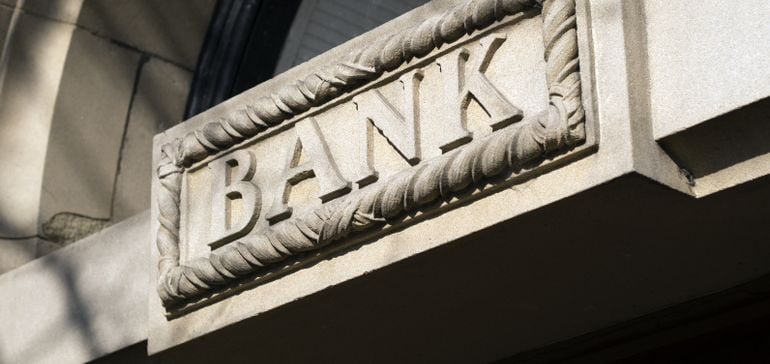There was a time last year when nine-figure (or near-), under-the-radar settlements were squarely Wells Fargo’s domain. The bank agreed in September to pay $94 million to settle a class-action lawsuit alleging it automatically placed mortgage borrowers into forbearance if they said they were experiencing financial distress.
But the settlement came within a day of the Labor Department’s announcement that it, too, agreed to a payout from the bank — to the tune of $145 million to settle an investigation into allegations that a 401(k) plan for Wells Fargo employees overpaid for the bank’s preferred stock.
Last month, Wells avoided being dragged further into a $300 million fair-housing lawsuit. But that win was overshadowed when the Consumer Financial Protection Bureau (CFPB) slapped the bank with a $3.7 billion settlement related to its 2016 fake-accounts scandal and other legacy missteps.
In the same vein, Jackson, Mississippi-based Trustmark Bank’s announcement Tuesday that it would pay $100 million to settle legal actions related to the 2009 Stanford Ponzi scheme could have been splashy.
In a filing with the Securities and Exchange Commission (SEC), Trustmark said it had determined it is “in the best interest” of the company and its shareholders to settle and “eliminate the risk, ongoing expense, uncertainty as to ultimate outcome [of the cases] and imposition on management … of further litigation.”
The bank reiterated that it denies any liability or wrongdoing in connection with the scheme, in which the SEC accused financier Allen Stanford in 2009 of using misleading marketing materials to sell certificates of deposits valued at $7.2 billion to investors, then using the money to back speculative real-estate and private-equity endeavors. Stanford was sentenced to 110 years in federal prison in 2012 on fraud charges.
Trustmark is not alone in facing legal action in connection with the Stanford scheme. TD is engulfed in its own case on the matter.
“We are pleased to have reached this agreement so that we can move forward with full focus on our 2023 strategic initiatives,” Melanie Morgan, Trustmark’s director of corporate communications and marketing, told American Banker in an email Monday. “There is no way to estimate the number of hours spent over the course of the past 13 years as this case has ebbed and flowed other than to say the magnitude of time and attention devoted to this complex litigation has been tremendous.”
Trustmark said it would write down the settlement as a noninterest expense for the fourth quarter. But consider the relative size of it: It nearly equals the $106 million in earnings the bank reported over the first nine months of 2022.
Yet within 24 hours of the Trustmark settlement going public, an arguably better-known financial institution — Coinbase — inked its own $100 million settlement to resolve a probe by New York’s Department of Financial Services into allegations of lax anti-money laundering and due-diligence standards.
There could be any number of reasons why the Coinbase settlement received far more attention. For one, Coinbase is much larger, holding $101 billion in assets, compared with Trustmark’s $17.2 billion.
For another, crypto is a hot topic. Bernie Madoff, meanwhile, is dead.
Michael Rose, managing director of equity research at Raymond James, called the figure attached to the Trustmark settlement “eye-popping,” according to American Banker. But, he added, the Stanford matter had been in the bank’s financial reports for so long that “you become numb to it.”
Likewise, observers probably didn’t speculate much as to why the CFPB’s penalty against Wells Fargo last month was so high. The 2016 fake-accounts scandal is woven that deeply in the bank’s fabric.
The Trustmark settlement, which still requires judicial approval, would spare the bank from a pending trial on the matter, set to start Feb. 27. But the $100 million payout pales in comparison to the $564 million in damages a Minnesota court ordered BMO Harris Bank to pay in November in connection with a separate Ponzi scheme. That bank said it would appeal the verdict.
Trustmark, for its part, said it would remain “substantially above levels considered to be well-capitalized” after the payout.



